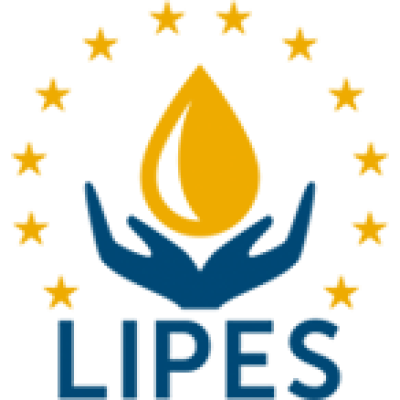
LIPES
Life Integrated Process for the Enzymatic Splitting of triglycerides

Life Integrated Process for the Enzymatic Splitting of triglycerides
LIPES is dedicated to bringing the first market replication of greener and healthier fatty acids. The objective is to create high purity bio-based intermediates and end products from vegetable oils and fats.
The LIPES approach replaces current thermal hydrolysis and saponification production routes, instead using a new enzyme-based, environmentally friendly alternative.
Using this approach will make the process far more resource efficient, saving at least 45% water, 70% enzymes and 80% energy over current approaches.
LIPES project explanation